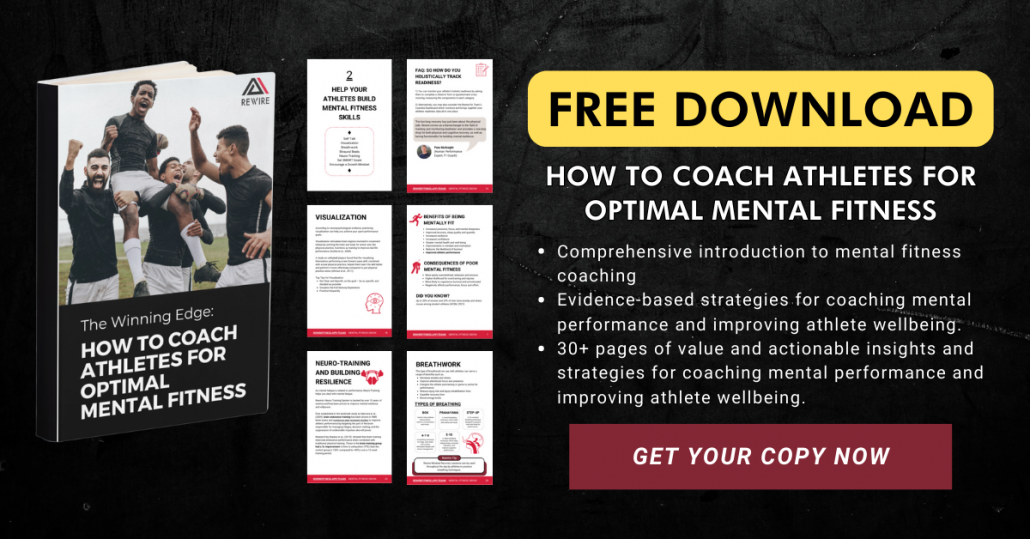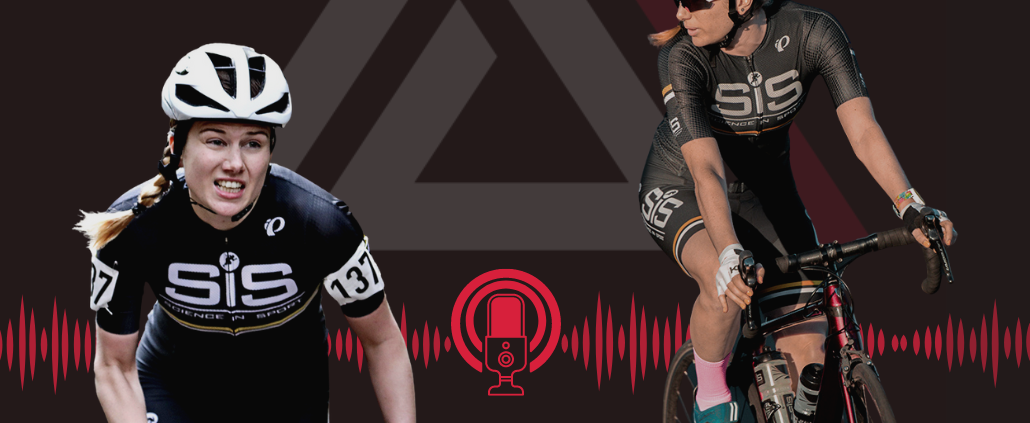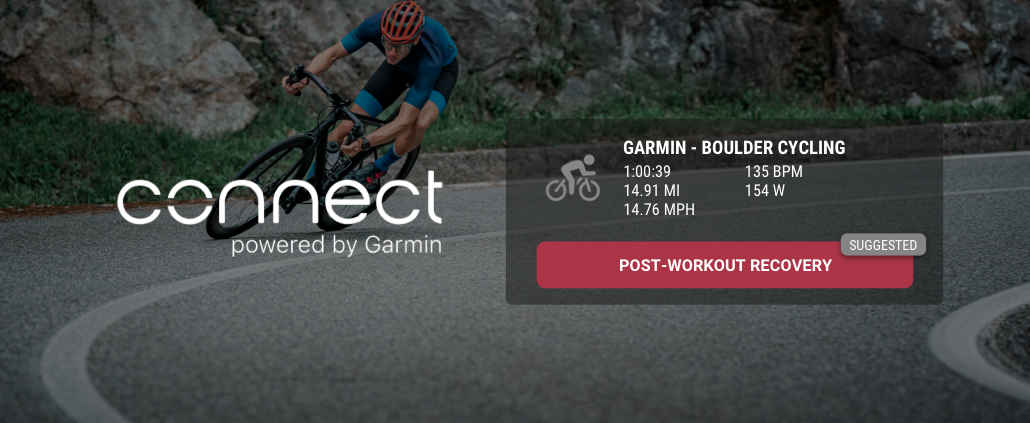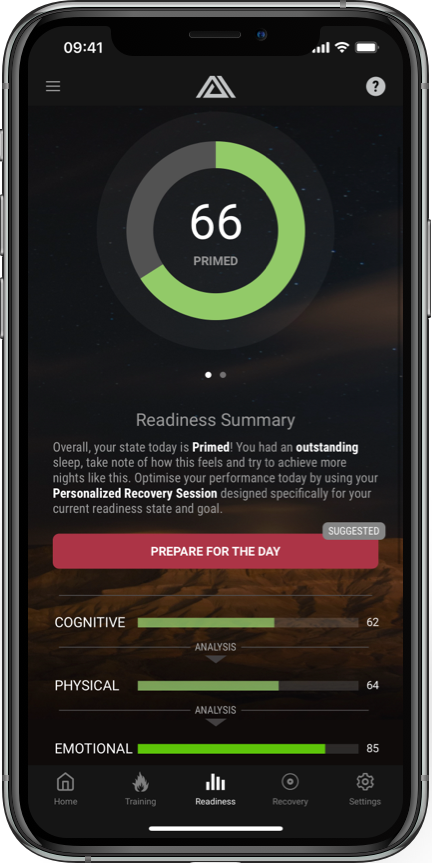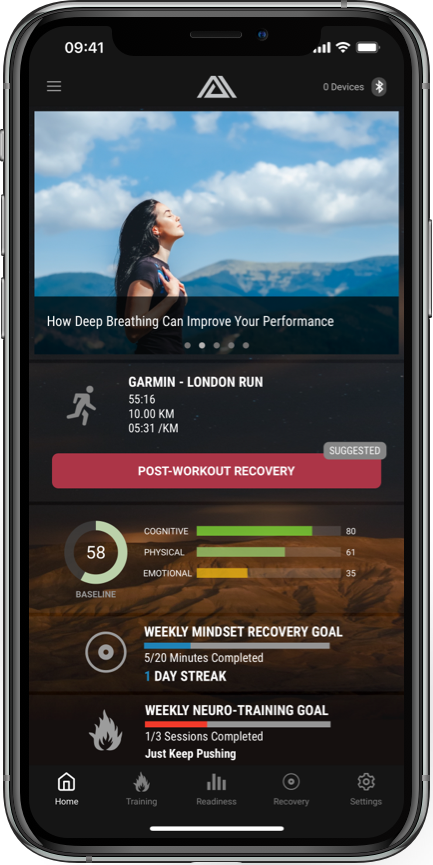Mental Fitness Training: A Basic Guide for Beginners
What is mental fitness training, and who is it for? Here’s what you need to know.
These days, the phrase “mental fitness” is thrown around more than a basketball in the final quarter of an NBA finals game.
Despite this, very few people know what mental fitness actually means.
Mental fitness is your state of mental well-being – your ability to make good decisions, your awareness, and how you respond to the complexities of life.
When you achieve optimal mental fitness, you may catch yourself humming a song, looking forward to your next workout, and feeling less exhausted and more calm. You’ll also be better prepared to deal with daily challenges, obstacles, and emotional situations.
But how do you achieve this state of optimal mental fitness? It’s all about exercising and taking care of the brain. Just like you schedule a weight session to boost your brain health, you should be doing the same, if not more, for your mental health.
What is mental fitness training?
Mental fitness training is all about keeping the brain and your emotional health in good standing.
This training can be approached in numerous ways. However, it all comes back to one key point: improving and maintaining your mental and emotional health.
You can develop new skills and strategies to improve your mental fitness, from practising mindfulness to focusing on awareness. But don’t worry, we’ll cover all of the training details below.
What are the benefits of mental fitness?
Improving your mental fitness and developing mental fitness skills is likely to help you in other areas of your life.
For example, better mental fitness may:
- Increase presence and focus: reduce distractions, and be more productive and attentive at work and in your relationships.
- Improve emotional well-being: gain control over your thoughts and don’t let situations out of your control affect you at an emotional level.
- Increase resilience: cope better mentally and emotionally following a crisis or when things get tough, whether that’s in life or sport.
- Allow you to develop new healthy habits: build new habits, whether reading more books, meditating, or being more active.
- Improve your sleep: reduce stress and anxiety and work towards achieving better quality sleep.
How do I train my mental fitness?
There are numerous ways to train your mental fitness. But there are a lot more moving parts compared to, say, your typical workout session.
You don’t need to perform these in one go, but scheduling the following activities into your lifestyle will improve mental fitness:
- Practice mindfulness, meditation, and begin challenging the mind
- Regular exercise
- Follow a healthy diet
- Learn new skills
- Focus on awareness
Keep reading to discover more about each mental fitness training activity.
Practice mindfulness, meditation, and begin challenging the mind
Tuning into your body and practising mindfulness is one of the best ways to improve mental fitness.
Distracting yourself from the world and being at peace is a rarity.
Meditation and mindfulness practices are becoming more popular. But many people don’t know where to begin.
Alongside relaxing the mind, you need to challenge the mind to develop mental fitness and resilience. These two components are key – making you mentally stronger overall.
With the Rewire Fitness app, we have an entire library full of mindfulness and recovery sessions, from guided stress relief sessions to binaural beats and quick 2-minute sessions to get you back on track and focused on what’s important.
Regular exercise
The Centers for Disease Control and Prevention recommends adults get at least 150-minutes of moderate-intensity exercise each week.
These guidelines are mainly for physical health, but the mental benefits (reduced stress, anxiety, and improved well-being) are also important.
Examples of exercises may include brisk walking, running, cycling, weight lifting, rowing, or any other moderate-intensity exercise. There are loads to choose from, so you’re sure to find something that suits your lifestyle.
Follow a Healthy Diet
You don’t need to follow the strictest diet in the world, but you should adopt a healthy and sustainable relationship with food.
Eating foods high in refined sugars too often may cause harm to the brain, promoting inflammation and impairing brain function, as mentioned by Health Harvard.
Set your body and mind up for success by eating whole foods, limiting processed food and foods high in sugar and saturated fats, and drink plenty of water.
What you eat affects how you feel – treat your body like a Formula one car and less like a Fiat, and you will see an increase in mental fitness and overall well-being.
Learn new skills that challenge your mind
We’re not asking you to play the orchestra, but learning new skills improves cognitive functioning and may improve mental fitness.
You could adopt a healthy habit of reading for thirty-minutes daily, you could play chess, solitaire, or perhaps you could even learn a new language. Find something you enjoy that stimulates the brain, and it’ll take care of your mind.
But it doesn’t end there – we also help you increase mental resilience with training exercises to help you build mental fitness, preparing you for those tasks that matter most, whether the last few miles of a marathon or the resilience needed to study for a test.
Focus on Awareness
Take a deep breath and practice awareness daily.
Be honest with yourself – how do you feel, what’s your current emotional state, and are you ready for the day?
The Rewire Fitness daily readiness assessment is a short 90-second assessment that helps you determine how ready you are to tackle the day.
We measure your awareness, reaction times, heart rate and sleep (if a compatible device is connected) to determine your daily readiness.
We then provide you with personalised recovery suggestions to help you increase mental fitness, clarity, and productivity.
Want to find out more about our readiness assessment? Read our blog post on readiness tracking: how and when to use the different aspects of Rewire.
FAQs
How do I train my mental fitness?
You can train your mental fitness with structured training for your mind – think cognitive training, reaction tests, and other neuro-training methods that will test your mental resilience and will help you build mental fitness.
What type of workout is best for mental health?
There are many ways to train the mind for better mental health. To get started, we recommend practicing mindfulness and awareness – these will pay dividends towards your overall well-being.
Which exercise is best for anxiety?
Meditation is often considered one of the best exercises for anxiety. The Rewire Fitness app also provides tailored sessions to help you reduce stress and promote a positive mindset. Download the app and give it a try for free!
